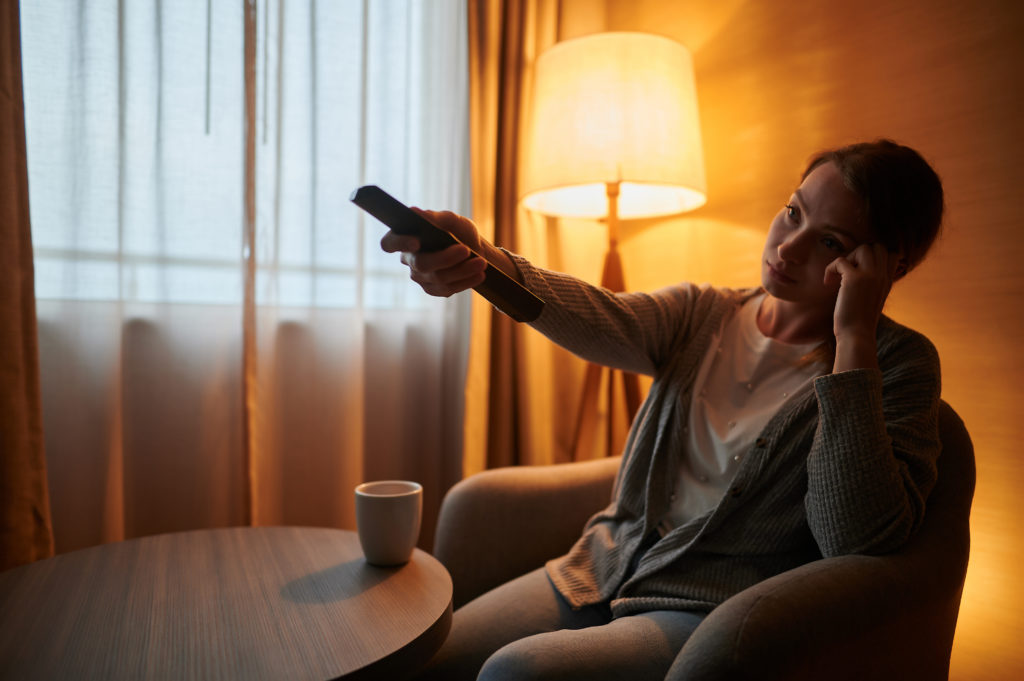As COVID cases surge around the world, travelers with trips already booked may be wondering: What happens when a tourist tests positive while on vacation, and how do they get home? In this article, we will discuss this scenario as it relates to different countries and what it means for both the traveler and the local health authorities.
A Prolonged Vacation

If a tourist tests positive for coronavirus while in another country, he or she will have to be quarantined for 10-14 days almost without exception. Even if a traveler is able to get permission to depart while positive, it will be difficult to pass border control in their home country. The United States, for example, requires proof of a negative test for returning citizens to reenter.
A two week quarantine abroad is easy enough if you have a family member or friend who has a home with a spare bedroom. However, if you are like most tourists, you will need to spend that time in a hotel. As anyone who has traveled is aware, a hotel room for 10-14 days can be a very costly addition to your travel budget. Consider purchasing a travel insurance policy that will cover quarantine costs so that you don’t get stuck with the bill if you do test positive while on vacation.
Thankfully, there are a few countries that will pay for quarantine hotels even if you are not a citizen. Greece, Cyprus, and the United Arab Emirates are some of the few countries that cover hotel quarantine costs for travelers. This policy has helped stop the spread of coronavirus while also encouraging travelers to visit.
Some hotels are even offering to cover quarantine stays for guests in an effort to attract bookings from nervous travelers.
Related: Where Can Americans Travel Right Now?
Travel Insurance
With a little bit of planning, travelers needn’t be afraid to book a plane ticket during the pandemic. Still, tourists should certainly consider travel insurance before booking a plane or hotel, however. Travel insurance is not so much a travel luxury as it is a travel necessity these days.
However, people frequently refuse all types of insurance, citing the additional cost as a factor. In Canada, for example, only one third of adults with children report having a life insurance policy in place in the event of the worst happening while on their travels, and in America that number is only a little bit higher. Needless to say, people who are hesitant to pay for life insurance may not want to pay for travel insurance, either.
It’s important to understand that tourists are advised to have travel insurance to avoid a financial catastrophe in the event that they contract coronavirus while on vacation. Hotels can be expensive, but travelers should also consider that they may incur additional costs if they need to be hospitalized, cancel flights, etc. In fact, some travel destinations such as the Bahamas and Costa Rica require that travelers have insurance before entering the country.
Travelers should carefully review their travel insurance before making any commitments, however. Some travel insurance is only valid from the start date of your trip until the end date of your trip, so read the fine print carefully. Make sure your policy covers coronavirus related trip delays or cancelations (many don’t) and that they will cover quarantine costs.
Medical Care Abroad

Many beautiful destinations around the world may not have the infrastructure or trained staff to provide high quality medical care. Remote locations or islands, or locations dealing with a sudden surge in cases, may not even have room in their hospitals for tourists.
If coronavirus symptoms worsen and an emergency evacuation is needed to get you to a top-notch medical facility, you may be stuck with the bill at the end of your recovery unless you have travel insurance.
Before making travel arrangements, it’s a good idea to check which countries are deemed by the CDC to be “high risk” locations for contracting coronavirus. If possible, avoid traveling to these areas, or take extra precautions.
Related: The Ultimate Guide to Travel Insurance: Everything You Need to Know
What to Do if You’re Quarantined Abroad
Keeping yourself occupied during quarantine is essential for your recovery and mental health, and being stuck in a hotel room for 10-14 days will be more difficult for some than others. Extroverts and other high-energy personalities suffer the most from prolonged lack of contact with others and the inability to exercise.
If you are abroad and forced to quarantine, the first items you will focus on is finding a quarantine hotel and working with your travel insurance company and your airline carrier. You’ll want to reschedule your plans, report your illness to your travel insurance company, and find an adequate quarantine hotel as soon as possible.
Next, you should bring your attention to how you will receive your meals and other necessary travel amenities while being quarantined. Hopefully, you’ve informed your quarantine hotel of your sickness, but that doesn’t mean you can’t still request for room service or housekeeping services. Most hotels will knock on your hotel door and leave your food order or additional items such as extra towels or new sheets outside your door.
And don’t forget to plan for how you’ll stay busy and productive during this time. Be sure to pack a tablet or computer during your travels so you can get work done or simply stay informed of current events while in quarantine. If you can’t pack your computer, see if there are any local courier services that can deliver books or magazines to your hotel to avoid complete boredom.






